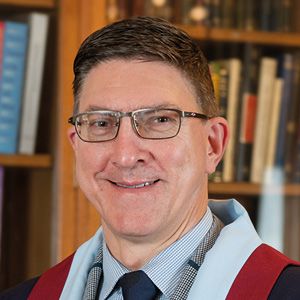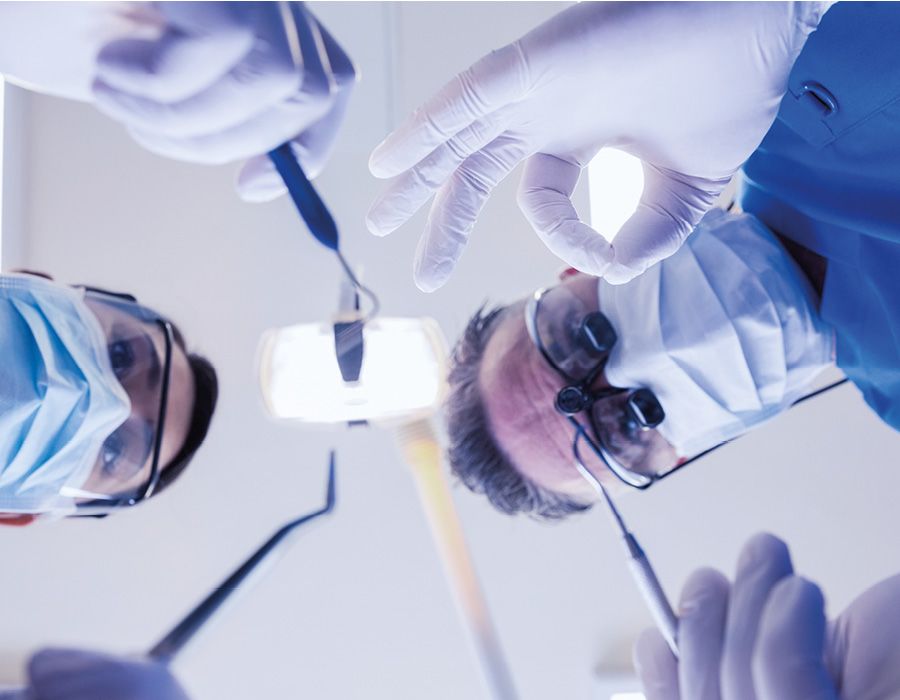Striving to maintain
high standards
What is involved in the accreditation process for dental courses?

John Scholey
Chair of the Specialty Board in Orthodontics and Member of Dental Council

T he Faculty of Dental Surgery has a reputation for offering the highest standards of dental education and training, both nationally and internationally. As part of our commitment to maintaining and improving these standards, the Faculty offers two accreditation routes for quality assurance of an educational activity. Each route has a defined process in which a short dental course or programme of study is reviewed against specific sets of College standards by clinical and educational reviewers.
The award of RCSEd Dental Faculty Accreditation shows an educational activity has met the College’s quality standards and permits use of the College logo with the course or programme.
Having put my name forward for Accreditation Reviewer training last year, as I joined the Dental Council it became clear that this is an important process for the College in its drive to improve and standardise course content. The accreditation process involves reviewing standards of training and education from one-day hands-on courses to three-year specialty training programmes. What I hadn’t realised is how engaging the role is and, as an experienced clinician and educator for more than 25 years, how much I would get out of the process in terms of personal development.
The training
The training process has been well thought out and continued feedback is encouraged, adding value for subsequent cohorts. The first stage, carried out remotely with a pre-recorded online lecture, is easy to fit in to any busy schedule.
Stage two involves a dummy run using redacted applications and working through the process. This needs pre-meeting preparation that takes a few hours to put together, but can be completed over a number of sessions. It involves mapping the accreditation requirements to the information provided in the application. The reviewer then has to find and highlight evidence within the application, from educational aims and content delivery to course administration, assessment techniques and financial support.
Virtual face-to-face training follows, sharing your review with a training cohort who have reviewed the same documentation. During group discussions this allows some benchmarking of expectations and a debrief as you share findings and decision-making.
Completing the applications
Once trained, reviews are allocated based on specialty experience and reviewer availability. The reviewer is free to set their own deadline and the review is conducted in tandem but blind to a second reviewer.
It is important that the documentation is reviewed in detail and every attempt made to source accurate information, which may require areas of clarification with the applicant institution. Two things continue to improve this process: first, as your familiarity with the paperwork improves it becomes easier to complete the documentation; and second, as a reviewer, you feed back to the accreditation team to improve the format of application documentation to make the assessment process more efficient.
What has been gratifying is picking up where improvements need to be made to content, delivery or trainee information.
Who can train as an Accreditation Reviewer?
Any Member or Fellow who has a passion for maintaining standards and wants to provide consistency in education and training with knowledge of dental postgraduate education in the UK, GDC Standards for Dental Education, curriculum and standards would find reviewing accreditation applications interesting and rewarding. Contact the team at accreditation@rcsed.ac.uk

